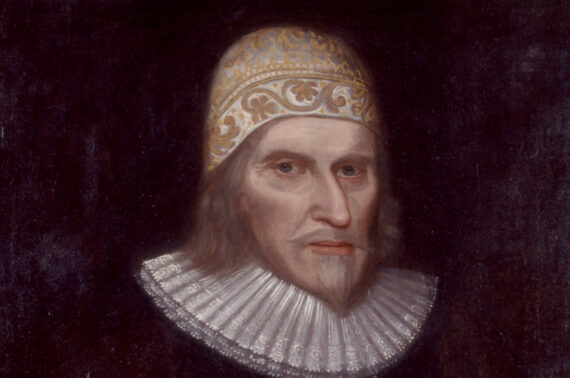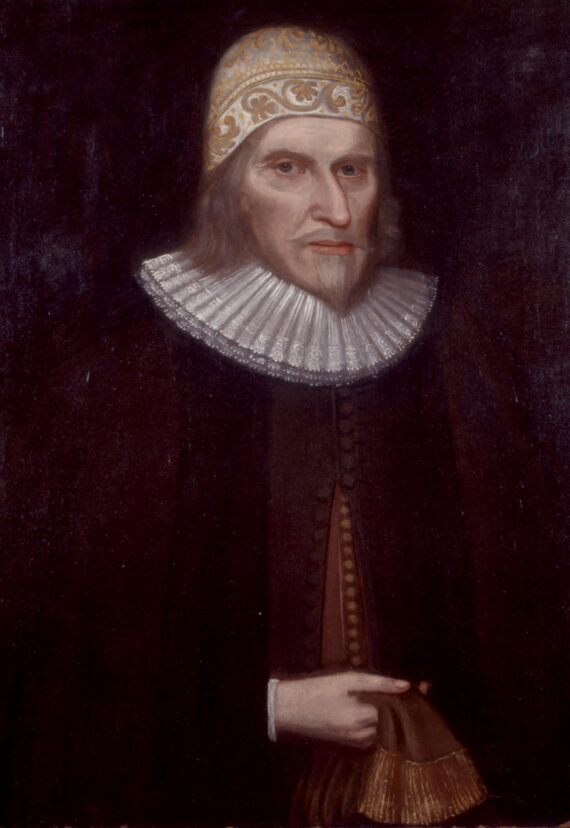- About
- Visiting
- What’s On
- Venue hire
- Catalogues
- Collections
- 101 Treasures of Chetham’s
- Digital Resources
- The Flowers of Histories
- A Book of Hours from France
- The Manchester Scrapbook
- Thomas Barritt of Manchester
- Art Treasures Examiner of 1857
- Manchester Association for Constitutional Order
- The North Western Museum of Science and Industry: Some Reminiscences by Richard Hills
- Criminal Manchester
- The Cup of Destiny
- Athenaeum Souvenir
- Middle English Manuscripts
- Manchester and Liverpool of Today
- Hollingworth’s Mancuniensis
- Memoir of Cecil Wray
- William Seward’s Diary
- The Anti-Monopolist
- Fishwick’s History of Rochdale
- Knyvett’s Defence of this Realm
- Tractatus de Nigromantia
- Axon Ballads
- Printed Books & Ephemera
- Archives & Manuscripts
- Prints and Photographs
- Blog
- Support us
Humphrey Chetham’s Dinner

There have been no verses addressed to our eponymous founder this century, we believe, until now. Volunteer and friend of the Library Kath Rigby sets that right:
Humphrey Chetham’s Dinner
What was for dinner Humphrey?
Surely not a mince pye, banned
with Cromwelly rigour
lest it encourage gluttony?
Did you take a Neat’s foot and mince it
very Small with a pound of Beef suet?
Then beat eight Egg yolkes with whytes,
a penny Loaf grated, half a pound of Currants,
a little Nutmeg and salt?
Did you mix them well together
and let it boyle, and for ye Sauce
use butter, sugar and a little Sack?
Then did you slip on your embroidered hat,
smooth down your Van Dyke beard,
brush the crumbs from your ruff,
pick up your fringed gloves?
Was it time to call in some debts,
survey your growing demesne,
enclose some land, evade some tax,
collect some subsidies?
did you then commend yourself to God,
in the writing of your will,
making your to-do list –
Item: endow school and library
Item: cure ignorance
Item: overcome poverty?
And so to bed
The thoughts above arose while looking at the portrait of a stern Humphrey Chetham in the Reading Room of Chethams Library. He’s so hard to read and he left few clues as to what his life was really like. The poem is a fanciful imagining of some of those details (and incorporates a recipe found among many in the library).

The Reading Room portrait of Humphrey Chetham (1580-1653), founder of Chetham’s
We know from Humphrey’s careful accounts and correspondence that he acquired great wealth, first from trading in textiles and later, as was often the way with seventeenth-century merchants, from money-lending and rents from his extensive lands and properties. It is clear that he had a sharp business brain and was not always scrupulous in his dealings with tenants and debtors. He reluctantly but efficiently discharged his public duties when appointed sheriff. A quiet Anglican, and financial if not ideological supporter of Cromwell, he appears to have lived frugally but well. Although he had no children of his own, he was generous to his wider family and, as his wealth grew, so did his grand scheme to ‘overcome ignorance and poverty’ by founding a school for poor but respectable boys, a library for ‘schollars and others well-affected’ in which ‘no-thing should be asked of any man’, and five chained parish libraries to contain godly books for the ‘edification of the common people’.
Humphrey’s plans evolved and changed; this is reflected in the various wills he prepared during his lifetime. He lived in an age when a new, secular conception of giving to others was beginning to replace the focus on the donor’s immortal soul, but the poem suggests that there was no harm in hoping that through his philanthropy he would find favour with his God.
